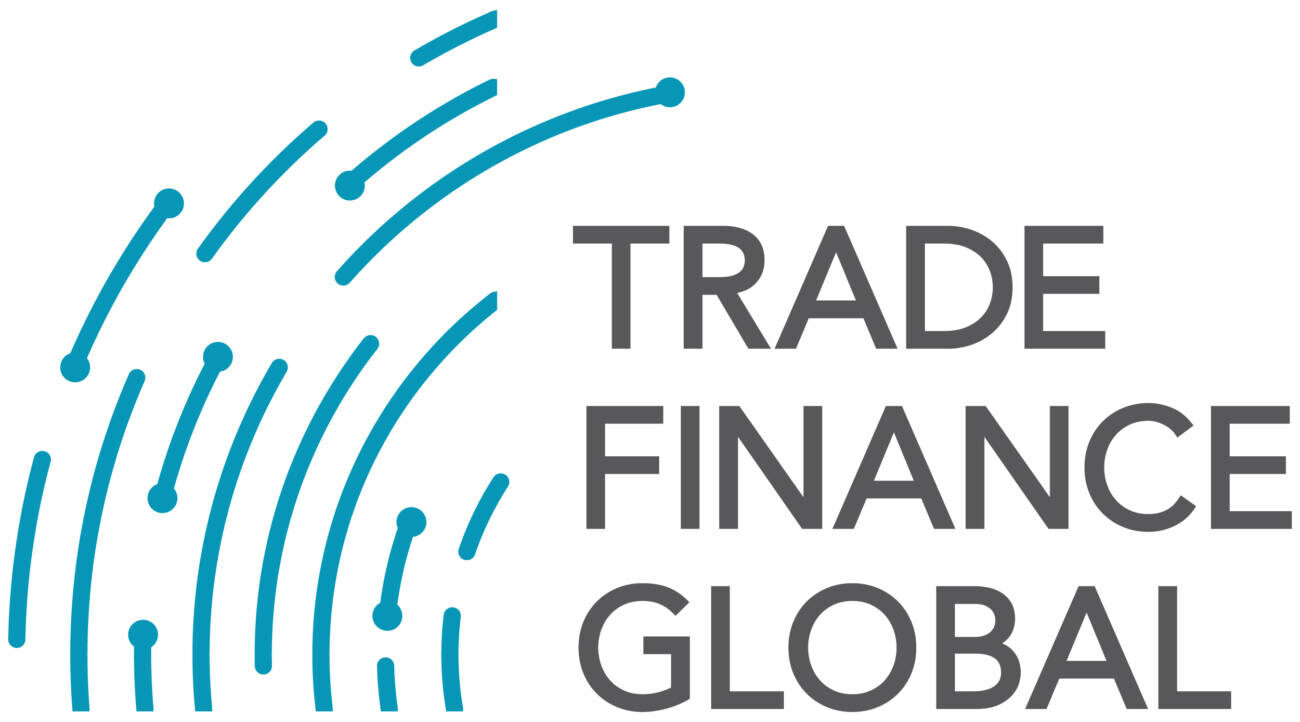Global Supply Chain Finance Forum issues payables finance guidance to drive further clarity on terms and techniques
Category: Legal
12 companies tackling trade document digitization head on
The age old problem of document digitization in trade has probably been around since goods were traded using stone tablets in the Mesopotamian era. So who’s making a dent using blockchain / distributed ledger technology? From the updated WTO / TFG periodic table of projects in trade, we reveal 12 projects tackling this head on.
REVEALED: The 19 Standardization Projects related to blockchain aiming to glue trade together
A crucial step towards end-to-end trade digitalization is creating an ecosystem that allows for seamless exchanges of data between existing platforms. A recent study from the WTO and TFG highlights 19 initiatives and the recent developments which are working towards digital standards for trade.
Podcast: FCI – Views from the Board, Factoring and Receivables
TFG’s Deepesh Patel caught up with FCI’s Chairman, Mr. Patrick de Villepin, and FCI Vice Chairman, Mrs. Daniela Bonzanini, on the critical role of Receivables finance industry in the recovery of global trade growth during this challenging period.
1.5°C Supply Chain Leaders: Why are small businesses key to success on climate?
How can SME Climate Hub create an ecosystem to enable SMEs to leverage climate action as a powerful means of increasing their competitive advantage and help in accelerating the race to a net-zero future?
CFTC’s Heath P. Tarbert, on integrity, resilience, and vibrancy in the U.S. derivatives markets
TFG heard from the CFTC’s Heath P. Tarbert, on CFTC’s tremendous accomplishments in achieving integrity through sound derivatives regulation.
Tradecast – 15th October – Count us in! MSME inclusion in global trade
TFG will be hosting a Tradecast (webinar) on the 15th October, covering topics around MSME financial inclusion, the ever-increasing trade finance gap, and changing Global Value Chains (GVCs), featuring experts from ABSA, Mastercard, ICC and Asian Development Bank (ADB).
Podcast: Building resilience in treasury: leadership, supply chains and cash flow
TFG’s Deepesh Patel heard from Caroline Stockmann, Chief Executive, Association of Corporate Treasurers on lessons learned from the
Covid-19 pandemic on building resilience in treasury.
Podcast: Does Free Trade really work? The Good, Bad and Ugly of Trade
Today we’re joined by UKTPO’s L. Alan Winters, talking about the power of good trade policy, how trade negotiations are done, and how to mitigate the negative effects of trade.
Importing and exporting goods to the EU after Brexit: what you need to know
Gareth Bridgland from Perrys Chartered Accountants has outlined the main points to help you prepare your company well ahead of the deadline and make any required adjustments as things change.
B20: Protectionism Could Cost the Worldwide Economy $10 Trillion in 2025
[box] LONDON, September 17, 2020 – The global economy will lose up to $10 trillion in GDP in 2025 unless governments repeal or reduce tariffs and non-tariff barriers that currently obstruct global merchandise trade, according to a new report released today for G20 governments. [/box] The report, titled The $10 Trillion Case for Open Trade,… Continue reading B20: Protectionism Could Cost the Worldwide Economy $10 Trillion in 2025
EBA Chairperson Exclusive, on Basel III for SMEs, CRD and the CRR ‘Quick Fix’
TFG heard from José Manuel Campa, Chairperson, EBA on the key initiatives taken by the banking sector to support the economy post-Covid such as technology and innovation in banks and prevention of financial crime.
UK inward investment projects increase in 2019
Figures from the Department for International Trade published today (10 July), show the UK attracted 1,852 new inward investment projects in 2019/2020 financial year, representing a 4% increase on the previous year. Today’s figures show the US continues to be the number one source of foreign direct investment in the UK, delivering 462 projects and… Continue reading UK inward investment projects increase in 2019
The Importance of the Uniform Rules for Demand Guarantees in Times of COVID-19 Pandemic
With this global pandemic, it is recommended to encourage the use of guarantees and counter-guarantee subject to URDG 758 as it provides a balance between the interests of all the parties involved.
ICC SOS – Save Lives. Save Livelihoods. Save Our SMEs (S1 E43)
TFG heard from ICC’s Secretary General John Denton and talked about actions needed from governments, private sector leaders and international institutions to ensure the continued viability of our MSMEs.
